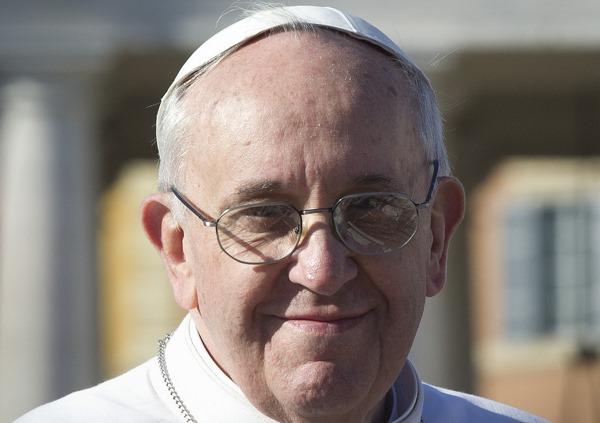A segment of the CBC “The Sunday Edition” program, broadcast on August 19, 2018, introduced Keith Kahn-Harris, a lecturer at Birkbeck College, University of London and at Leo Baeck College, and an associate fellow at the Institute for Jewish Policy Research, who offered ideas from his latest book, called Denial: The Unspeakable Truth.
 |
| Coastal erosion |
Keith Kahn-Harris has a theory about why so many people reject scientific consensus and documented historical fact. He calls it denialism and argues that it is making the practice of politics and public policy more difficult and divisive. Statements that are backed by denialism include:
The Holocaust never happened.The planet isn’t warming.Vaccines cause autism. There is no such thing as AIDS.
The Earth is flat.1
 |
| Flat here |
Keith Kahn-Harris was a quest on CBC Ideas produced by Naheed Mustafa.
 |
| https://i.cbc.ca/1.5140297.1558107042!/fileImage/httpImage/image.jpg_gen/derivatives/16x9_780/671581886.jpg |
The discussion defined Denial as when someone avoids acknowledging something they know to be true. A good example of this is when someone is addicted to shopping but avoids acknowledging that addiction by never looking at their credit card statements. They watch the debt mount but still claim their shopping isn't a problem.
Denialism, on the other hand, is an effort to build an alternative truth because the verifiable truth built on scientific consensus threatens something the person holds dear. The denialist lacks the language to express socially that they actually value something that is being blocked by the efforts of others. Holocaust deniers actually want to express something they hold of value from the Nazi reign.
"I think there are plenty of people within the climate change denialist world who are preserving a particular vision of the way humans can ideally act without any kind of restraint, that we can change the world without any kind of negative consequences," says Kahn-Harris.2
To help us with our psychological state in dealing with the climate emergency Dr. Steve Running recently took a fresh look at the widely recognized concepts on the "5 stages of grief" that Elizabeth Kubler-Ross defined back in the 1970s to summarize how people deal differentially with shocking news, such as being informed that they have terminal cancer.
 |
| Climate grief |
It seems that these stages of grief provide a very good analogy to how people are now reacting to the global warming topic, so I have formulated my "5 Stages of Climate Grief" as follows…
STAGE
|
The "5 stages of grief" that Elizabeth Kubler-Ross defined in the 70’s
|
1
|
The first stage DENIAL, are the people that simply do not believe the science that the earth is warming, or secondarily that humans are the cause. Despite seeing a 50 year record of global atmospheric CO2 rising every year since 1957, and global air temperatures of the last dozen years in a row being the warmest in a millennium, they dismiss these trends as natural variability. These people see no reason to disturb the status quo. Most people rightfully started at this stage, until presented with convincing evidence. That convincing scientific evidence recently summarized in the 4th IPCC report has, according to opinion polls, dramatically reduced the number of people in Stage 1.
|
2
|
Many people jump directly from DENIAL to Stage 4, but for others, the next Stage 2, is ANGER, and is manifested by wild comments like "I refuse to live in a treehouse in the dark and eat nuts and berries." Because of my public speeches, I receive my share of hate mail, including being labeled a "bloviating idiot," from individuals that clearly are incensed at the thought of substantially altering their lifestyle. My local newspaper has frequent letters to the editor from people angry to the point of irrational statements hinting darkly about the potential end of modern civilization.
|
3
|
Stage 3 is BARGAINING. When they reach this stage many people (such as self-righteous radio talk show hosts) who used to be very public deniers of global warming begin making statements that warming won"t be all that bad, it might make a place like Montana "more comfortable." It is true that the building heating requirements for my hometown Missoula have decreased by about 9% since 1950 due to milder winters. At this stage people grasp for the positive news about climate change, such as longer growing seasons, and scrupulously ignore the negative news, more intense droughts and wildfires, and no glaciers in Glacier National Park by 2030. Most importantly, at this stage people are still not willing to change lifestyle, or explore energy solutions that are less carbon intensive. They seem willing to ride out this grand global experiment and cope with whatever happens.
|
4
|
Many people at my lectures have now moved to Stage 4, DEPRESSION. They consider the acceleration of annual greenhouse gas emissions, the unprecedented speed of warming, and the necessity for international cooperation for a solution, and see the task ahead to be impossible. On my tougher days I confess to sinking back to Stage 4 myself.
|
5
|
The final stage ACCEPTANCE, are people that acknowledge the scientific facts calmly, and are now exploring solutions to drive down greenhouse gas emissions dramatically, and find non-carbon intensive energy sources. Two factors are important in moving the public from DEPRESSION to this ACCEPTANCE stage.
|
Dr. Steve Running "5 Stages of Climate Grief" 3














